About the ANFPP
The Australian Nurse-Family Partnership Program (ANFPP) is a nurse-led home visiting program based on the US Nurse-Family Partnership. The program empowers and informs first-time Indigenous mums or mums whose partner is Aboriginal or Torres Strait Islander and supports them to reach their personal goals and grow strong, healthy families.
The program is a part of the Australian Government's commitment to improve the health of Aboriginal and Torres Strait Islander people, with particular focus on maternal health and early childhood development.
Funded by the Federal Government as part of the Closing the Gap Strategy and managed by the Commonwealth Department of Health, the program is delivered by 14 partner organisations, operating across 15 sites, the majority of which are Aboriginal Community Controlled Health Organisations (ACCHOs). There is a National Support Service to support the partner organisations by providing information, technical support and specialised training on the program elements.
Other pages in this section provide additional information on ANFPP implementation, the history of the Program in Australia and its origins in the proven, evidence-based Nurse-Family Partnership program.
Further details on our Partner Organisations can be found here.
WE'D LOVE TO HEAR FROM YOU.
If you want to know more about the program or need help in getting connected with a nurse in your area, send us a message.
- Fields marked with an * are required
- Disclaimer for 28 weeks or less pregnant. Some exceptions may apply, please check with your local Nurse- Family Partnership provider for more information.




